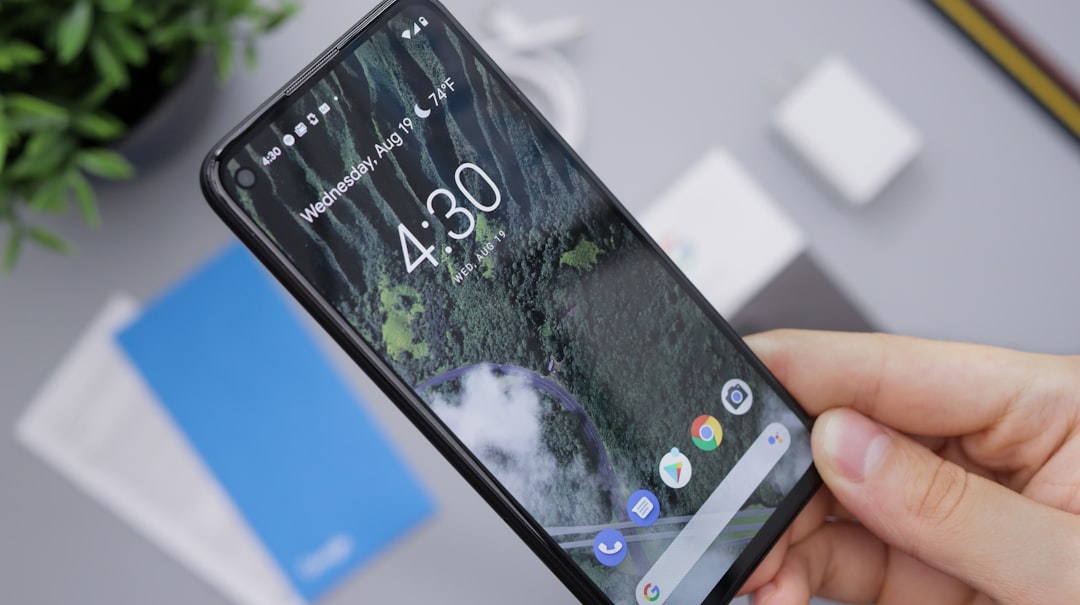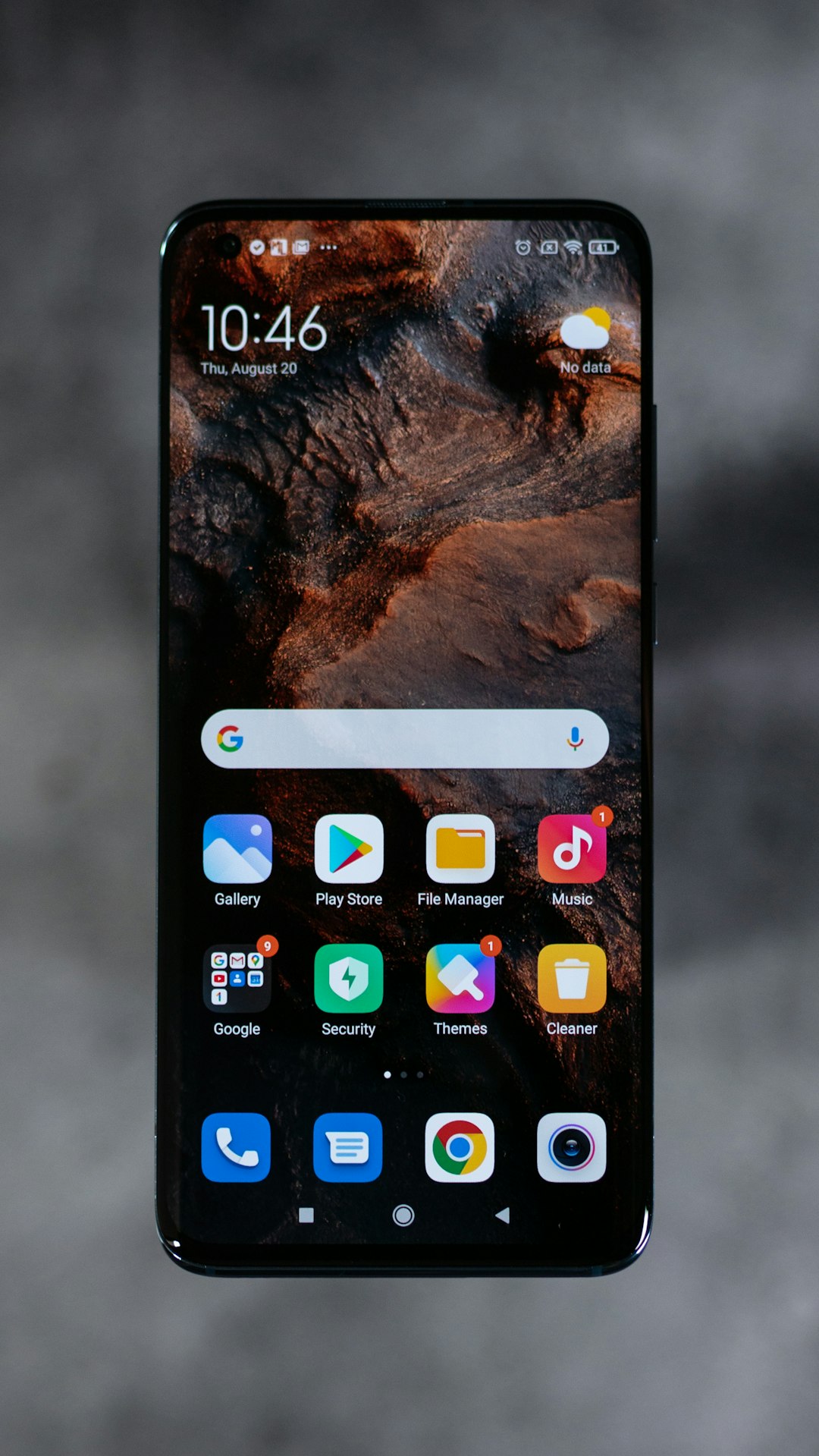Telemarketing laws, such as Do Not Call regulations in the U.S., protect consumers from unwanted calls. Businesses must comply with state-specific rules, like those in New Jersey or Virginia, to avoid significant fines and maintain customer trust. Hiring a specialized lawyer for these laws ensures proper consent collection, implements effective policies, and prevents legal issues stemming from non-compliance, including FTC complaints and reputation damage.
Are businesses in Winchester, Virginia, navigating the complex world of Do Not Call laws? With strict regulations in place to protect consumers, non-compliance can result in significant penalties. This article serves as a comprehensive guide for Winchester businesses, offering insights into Virginia’s legal landscape and essential strategies for compliance. From understanding the basics of Do Not Call laws to avoiding common pitfalls, we provide practical steps to ensure your business stays within regulatory boundaries. Additionally, discover when it might be time to consult a specialist lawyer for tailored assistance regarding these critical laws, especially if you operate in New Jersey.
Understanding Do Not Call Laws: A Brief Overview

In the United States, Do Not Call laws are designed to protect consumers from unwanted telemarketing calls and sales pitches. These laws vary by state, but they generally restrict businesses from making phone calls for commercial purposes unless the recipient has given explicit consent. Violating these regulations can result in significant fines, impacting both individuals and companies. For instance, a lawyer for Do Not Call Laws New Jersey can provide expertise on the specific rules and penalties within that state.
Understanding these laws is crucial for businesses to ensure they are complying with regulations and respecting consumer privacy. Many states have established registries where individuals can opt-out of receiving such calls, further reinforcing the rights of citizens to control their communication preferences. Businesses must be vigilant in obtaining proper consent before initiating any marketing or sales calls, ensuring they stay within legal boundaries and maintain a positive relationship with their customers.
The Legal Landscape in Virginia: What Businesses Need to Know

In Virginia, like many states, businesses must navigate a complex legal landscape, especially when it comes to consumer protection laws, including Do Not Call regulations. These laws are designed to safeguard consumers from unwanted telemarketing calls and give them control over their communication preferences. The Virginia Do Not Call Law, part of the state’s Consumer Protection Act, prohibits businesses from making telephonic solicitations to individuals who are listed on the state’s Do Not Call Registry.
Businesses operating in Winchester or anywhere in Virginia should be aware that non-compliance can result in significant penalties. Hiring a lawyer specializing in Do Not Call Laws, such as those experienced in New Jersey, can help ensure understanding and adherence to these regulations. Legal experts can guide businesses on how to implement effective do-not-call policies, train staff, and manage the state’s registry to avoid legal pitfalls and maintain consumer trust.
Compliance Strategies: How Winchester Businesses Can Stay Within Regulations

Winchester businesses must adhere to strict regulations regarding telemarketing and customer privacy, particularly in respect to the Do Not Call Laws. Compliance is crucial to avoid legal repercussions and maintain consumer trust. One effective strategy is to implement a comprehensive do-not-call policy, ensuring all employees are trained to recognize and honor customer preferences. This involves obtaining explicit consent before making any sales calls and providing an easy opt-out mechanism during each interaction.
Hiring a lawyer specializing in Do Not Call Laws can offer significant advantages. Legal experts can guide businesses on crafting policies that comply with both state and federal regulations, such as those enforced by the Federal Trade Commission (FTC). Regular audits and updates to these policies are essential, especially with dynamic legal landscapes. Additionally, utilizing technology like automated call-blocking systems and customer relationship management software can assist in monitoring and adhering to do-not-call lists, ensuring Winchester businesses stay within legal boundaries.
Common Pitfalls and Penalties for Non-Compliance

Many businesses in Winchester, Virginia, often overlook the intricacies of Do Not Call laws, leading to costly consequences. One of the primary pitfalls is failing to maintain an accurate and up-to-date do-not-call list. Companies must diligently track customer preferences and opt-outs, ensuring that calls are made only to those who have consented. Regular reviews and updates are crucial to prevent unintentional violations.
Penalties for non-compliance can be severe. Consumers can file complaints with the Federal Trade Commission (FTC) or state attorneys general, leading to investigations and potential fines. A business found guilty of repeated violations may face substantial monetary penalties and legal actions brought by affected individuals, as well as damage to its reputation. Engaging a lawyer specializing in Do Not Call Laws, like those in New Jersey, can help businesses navigate these regulations, avoid pitfalls, and ensure compliance to mitigate risks and protect their operations from legal repercussions.
Your Guide to Finding a Specialist Lawyer for Do Not Call Law Assistance

When it comes to navigating complex legalities, especially in the realm of consumer protection laws like Do Not Call regulations, engaging a specialist lawyer is paramount for ensuring compliance and safeguarding your business interests. If you operate within Virginia, particularly in Winchester, and face issues related to these laws, finding a legal expert well-versed in local and federal guidelines is crucial.
Consider seeking out an attorney specializing in telecom or consumer law who can offer tailored advice and representation. In New Jersey, for instance, where Do Not Call Laws are stringent, lawyers equipped with knowledge of these regulations can help businesses establish effective do-not-call policies, train employees, and handle any complaints or legal repercussions that may arise. Their expertise can revolutionize your approach to customer interaction, fostering a positive reputation in compliance with the law.






